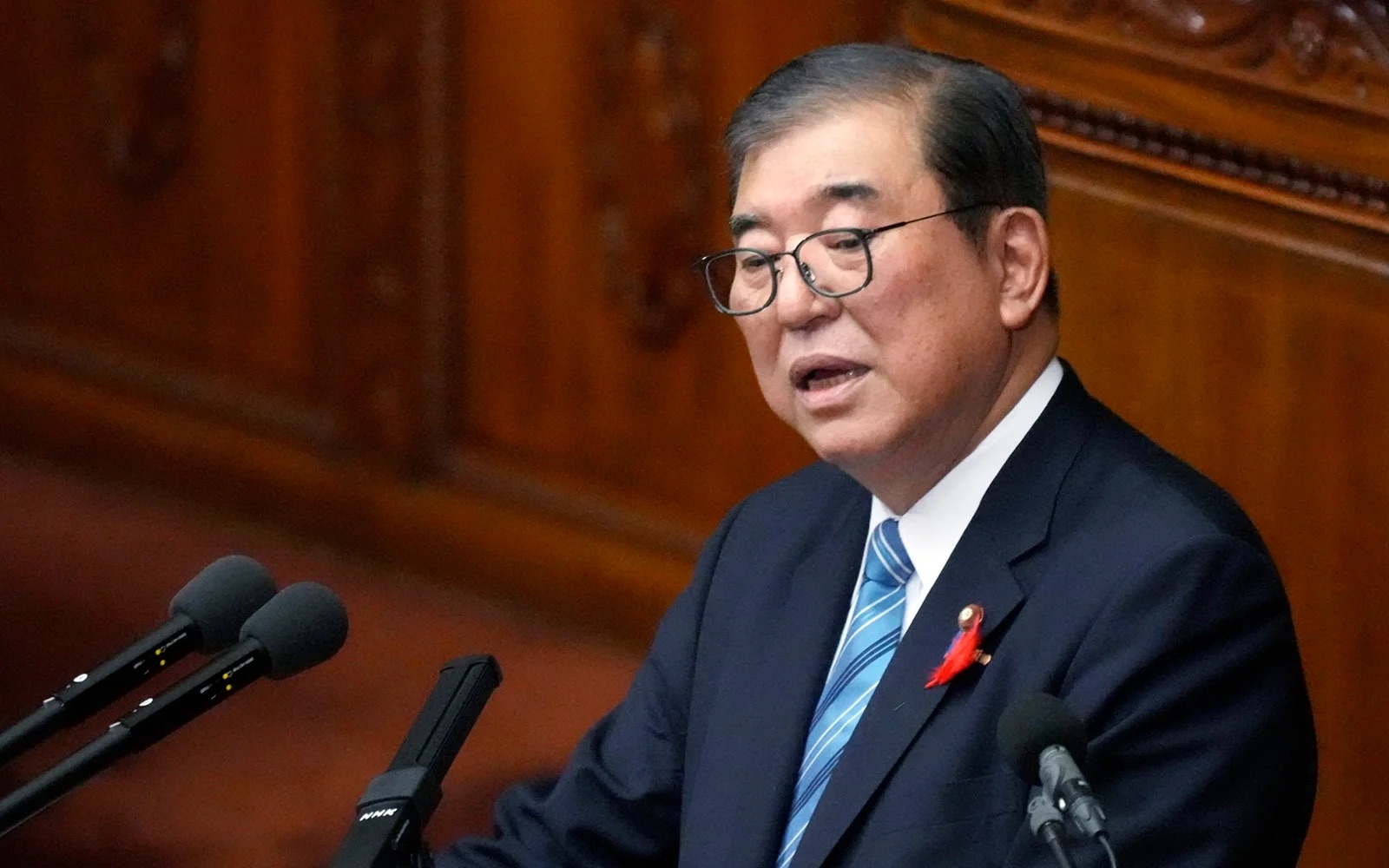
Japan’s Prime Minister Shigeru Ishiba has expressed reservations about integrating Bitcoin into the nation’s strategic reserves, highlighting a lack of comprehensive information on how other countries, particularly the United States, are approaching this innovative financial strategy. This admission came during a recent media interaction where the prime minister addressed questions about the potential for Bitcoin to bolster Japan’s financial reserves.
The inquiry into Japan’s stance on Bitcoin reserves was prompted by discussions on global movements toward the adoption of cryptocurrencies as reserve assets. Notably, the United States and Brazil are exploring this approach, with President-elect Donald Trump expected to issue an executive order making Bitcoin a US reserve asset and Brazil considering a bill to create a sovereign Bitcoin reserve.
Despite these international developments, Ishiba remarked on December 26 that the Japanese government is currently not in a position to formulate an opinion due to insufficient understanding of the policies being adopted by these nations. This cautious approach stems from Japan’s conservative financial ethos and a regulatory environment that does not yet align cryptocurrencies with traditional foreign exchange mechanisms.
Domestic Advocacy and International Examples
The conversation was sparked by Satoshi Hamada, a member of the House of Councilors, who suggested that Japan should consider emulating the United States by converting some of its foreign exchange reserves into cryptocurrencies like Bitcoin. Hamada’s proposal reflects a growing interest within certain political circles in Japan to diversify the nation’s financial strategies in response to evolving global economic landscapes.
While some Japanese officials are intrigued by the potential of cryptocurrencies to enhance the country’s financial arsenal, the regulatory framework and the government’s official stance remain conservative. Japan recognizes the need for meticulous scrutiny before adopting such significant financial changes. This is evidenced by Japan’s proactive regulatory measures in other areas of cryptocurrency, such as Ripple CEO Brad Garlinghouse’s positive remarks about Japan’s regulatory clarity regarding stablecoins and digital assets.
As nations like the US advance towards incorporating digital assets into their economic frameworks, Japan’s deliberative and informed approach could serve as a cautious blueprint for others. The country’s focus on gathering more information and understanding the full implications of such a move before proceeding underscores the complexities involved in integrating digital currencies into national reserves.
The discussion around Bitcoin as a potential reserve asset in Japan illustrates the broader debate on the role of digital currencies in national financial strategies. With significant movements in the US and proposals in Brazil, the global financial community is keenly watching these developments. Japan’s cautious stance might slow its entry into this new financial arena but ensures that any steps taken are well-considered and based on a solid understanding of potential risks and benefits.
What The Author Thinks
Japan’s tentative stance on adopting Bitcoin as a part of its national reserves highlights a prudent approach to financial innovation. In a world where economic policies and new technologies rapidly evolve, Japan’s methodical and cautious strategy emphasizes the importance of stability and thorough understanding over rapid adoption. This approach, while potentially slower, may safeguard the nation’s economy from the volatility associated with cryptocurrencies and ensure that any integration into national reserves is beneficial in the long term. As digital currencies continue to gain prominence, Japan’s careful navigation of these new economic waters could provide valuable insights into the complexities of adopting such technologies at the national level.
Featured image credit: FMT
Follow us for more breaking news on DMR
